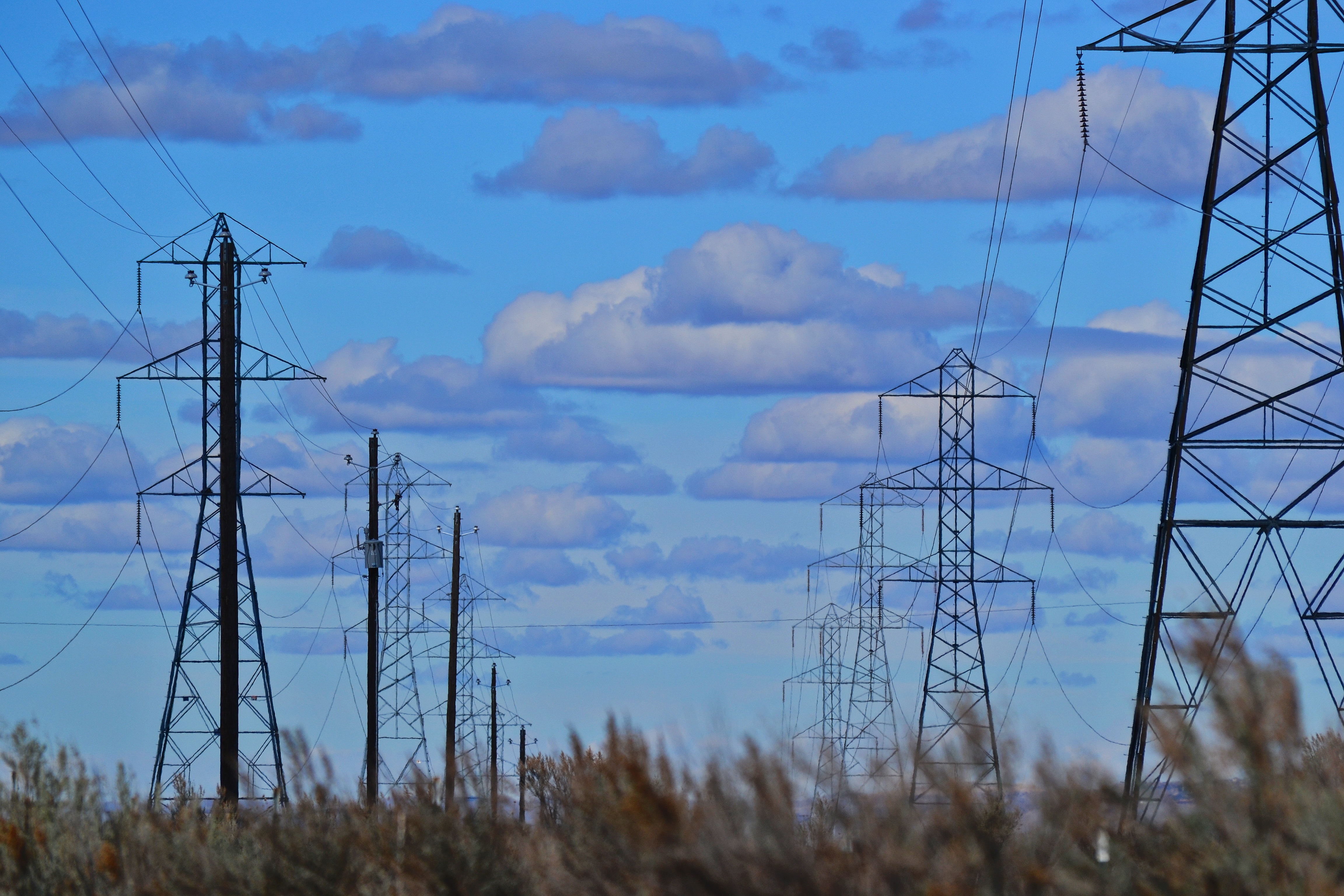By Tom Hackney, Policy Advisor for the BC Sustainable Energy Association –
The BC government recently began Phase 2 of its Comprehensive Review of BC Hydro. A key component is determining how BC Hydro will support the low-carbon electrification – getting off fossil fuels and onto clean, renewable electricity – that is required by the ambitious GHG reduction targets in the CleanBC plan (see BCSEA’s February 2019 analysis).

The CleanBC plan says that by 2030, BC will need an additional 4,000 GWh per year of clean, renewable electricity on top of currently projected load growth to support the 2030 target of 40% GHG reductions below 2007 levels. This additional energy will be an increase of about 8% above BC Hydro’s current generation—a big challenge for a government that also wants to keep electricity rates affordable.
Phase 1 of the Comprehensive Review addressed BC Hydro’s current costs and regulatory oversight. Phase 2 will give strategic direction to BC Hydro on how to:
- support the CleanBC plan;
- respond to technological advances and evolving customer needs;
- maximize ratepayer benefits through trading on regional markets; and
- support First Nations to increase their participation in the electricity sector.
BCSEA strongly supports electrifying transportation in BC by rapidly switching from fossil fuel vehicles to electric vehicles, including electric buses. This requires development of a province-wide network of EV charging stations, as well as EV fleet charging stations. BCSEA also supports switching from natural gas heating to electric heat pumps and electrifying the many industrial loads currently met with natural gas, oil, and diesel fuel.
However, BCSEA remains concerned about the government’s proposal to electrify natural gas production and LNG liquefaction to “support lower carbon natural resources for export.” Electrifying fossil fuel production and liquefaction in BC would reduce GHG emissions within BC. However, it does not reduce the much larger volumes of GHG emissions that occur when the fuel is burned outside of BC. BCSEA does not agree with the theory that natural gas exports from BC would necessarily displace higher-carbon fuels in other countries and thereby reduce global GHG emissions. In BCSEA’s view, the imperative is to cut global GHG emissions to a small fraction of current levels. This should be reflected in the government’s policies, including the Phase 2 review.
The Phase 2 Review Committee will seek stakeholder inputs early this fall. Late in 2019, a draft report will be published for public comment. The report will be finalized early in 2020, in time to give direction to BC Hydro’s 2021 Integrated Resource Plan (IRP). The IRP will be submitted to the BC Utilities Commission by February 2021 for public review.
BCSEA expects to be involved at all stages of this process. We encourage anyone who is concerned about climate change or interested in sustainable energy to submit their thoughts and support positive change.
Find out more about BC Sustainable Energy Association here: www.bcsea.org.

